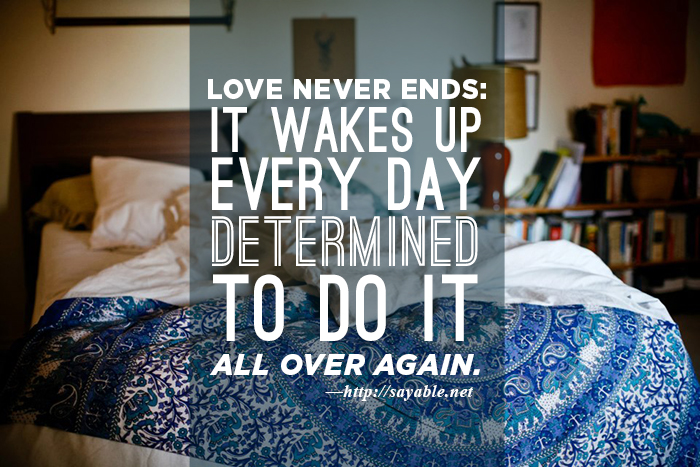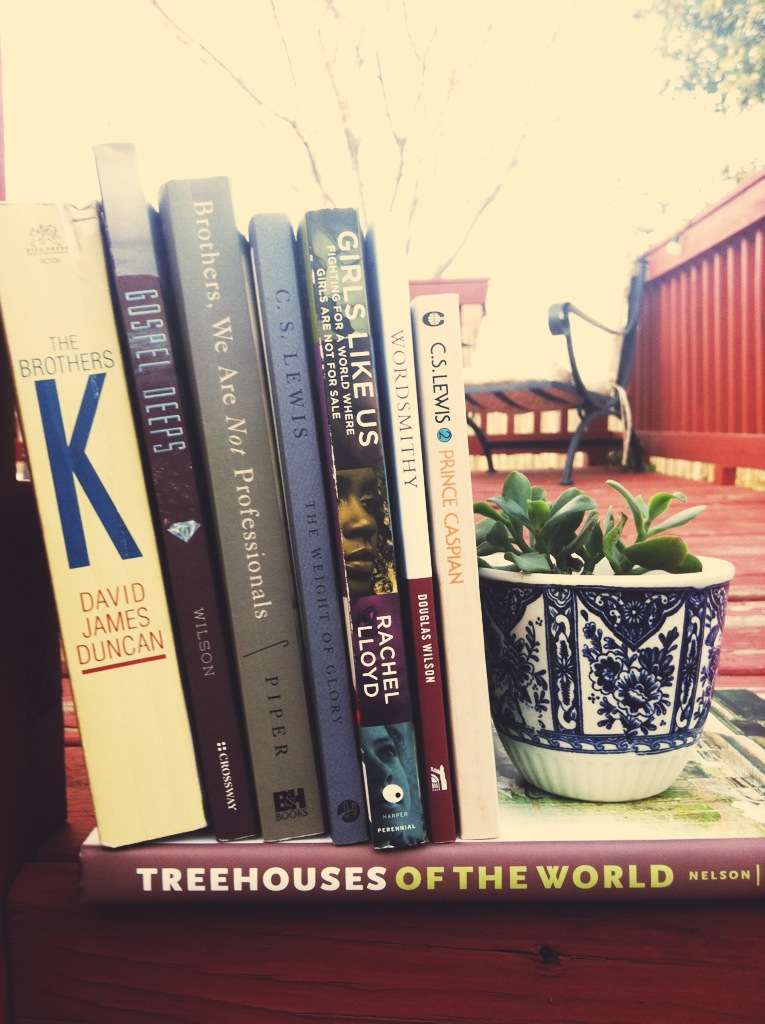Feel Free to Interrupt
My brother from another mother told me recently that one reason a guy might not ask a girl out is because he fears getting in the way of what God is doing in her life. This particular brother is very much younger than me, but very much wiser, so I've been thinking about it since he said it. I am not of the camp where men must be the reincarnation of Jesus before they are considered marriageable. First, I don't believe in reincarnation and Jesus doesn't either. Second, and more importantly, I only have one savior and a fellow ain't Him. But I am always curious about the trends of Christian dating, partially because dating among Christians has gone the way of dinosaurs and power blue polyester suits, and also because I'm not sure how we're going to take over the world unless we start having babies and, baby, this girl's clock is ticking.
TMI, sorry.
Instead of trying to fit the constructs of culture into the constructs of the gospel, I'm always challenging myself to flip that on its head. How does the gospel show me how to live and how does it tell me how to live?
Showing me how takes stepping back, looking at the way the Trinity interacts with one another, looking at the way Christ lived, the way the Father parents, the way the Holy Spirit functions—understanding these things a little more, I'm able to see and emulate as best as I can. But there is also the telling, the instructive ways of living according to the Gospel. For these I have to step close, compare verbs and nouns, study history, trust that God's way is best—even if it causes friction in my soul.
When it comes to relationships, I'm always asking, "Where do I see myself in the gospel construct here and how can I glorify Christ best in this situation?" Dating has never been a bad experience for me, and I credit that partially to the great men who have pursued me in godly ways, even when there wasn't a certain future ahead of us. At the end of each relationship, I've seen God glorified in and through us.
So to the man who fears interrupting the trajectory of a girl's life, I say, interrupt! We want to be interrupted. We welcome your interruption.
Sweep in, barge in, plant yourself in front of her and ask her boldly, will you go with me? Will you follow me? Will you join your vision to mine?
Because Jesus, guys.
Jesus.
He came to earth, humble in a manger, split his thumb with a carpenter's hammer, ate bread and fish with townspeople, sat by the well at high noon, calmed a raging storm, and for 33 years (and now two thousand years) interrupted the world. He swooped in and did it in humble, confident ways. He knew the trajectory of the world without Him and it was going the way of dinosaurs and power blue polyester suits—only much, much worse. He barged in and turned tables over, raised dead lives, wept with his friends and in the garden, and He did it because we needed it. We could not go on without it.
So you don't have to be Jesus, guys, but you do need to be like Jesus. Girls, we need to be like Christ too, willing to lay down any designs for our lives for the glory of the Father. And we need to be like the Christians we say we are—set on a path paved all on our own and gloriously, beautifully, eternally interrupted for God's glory.






















